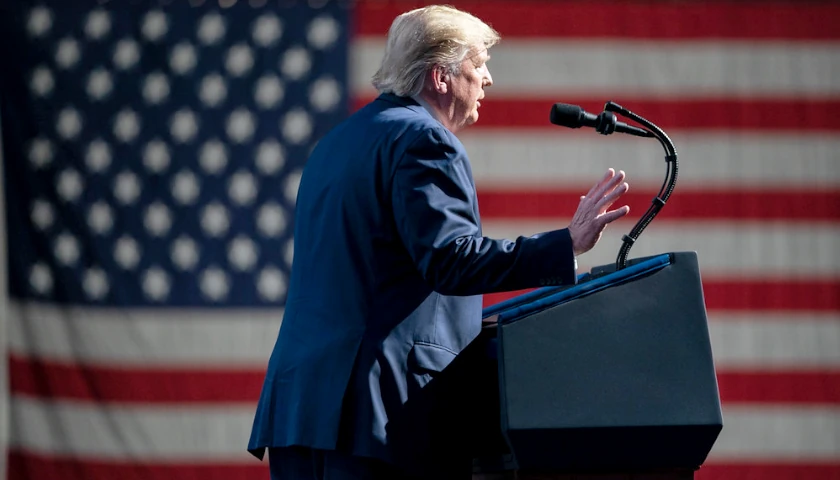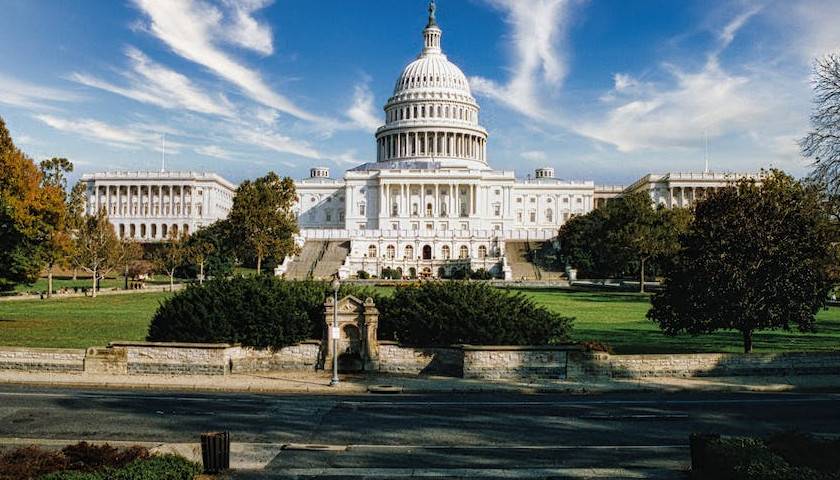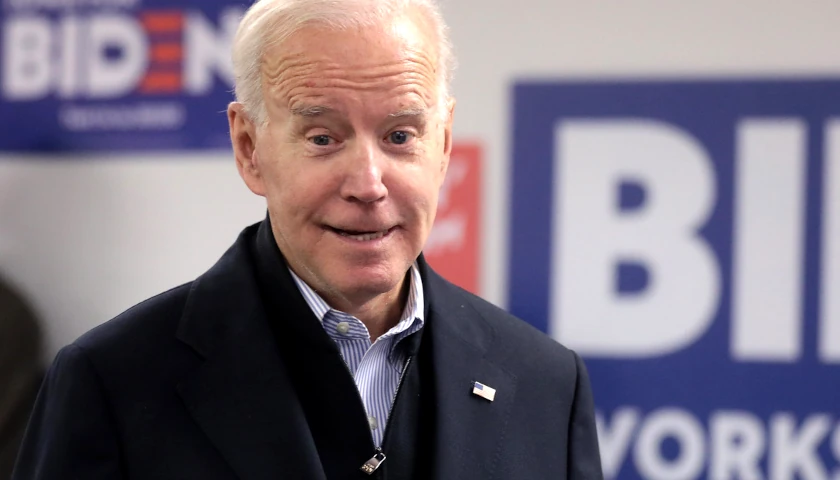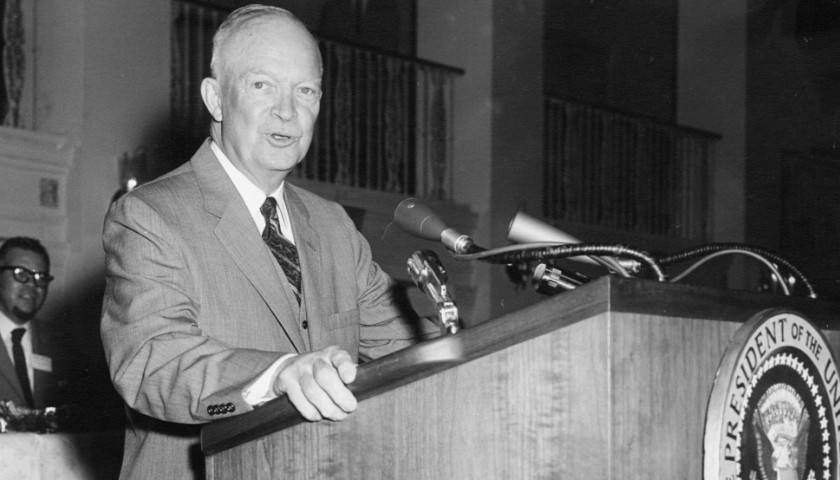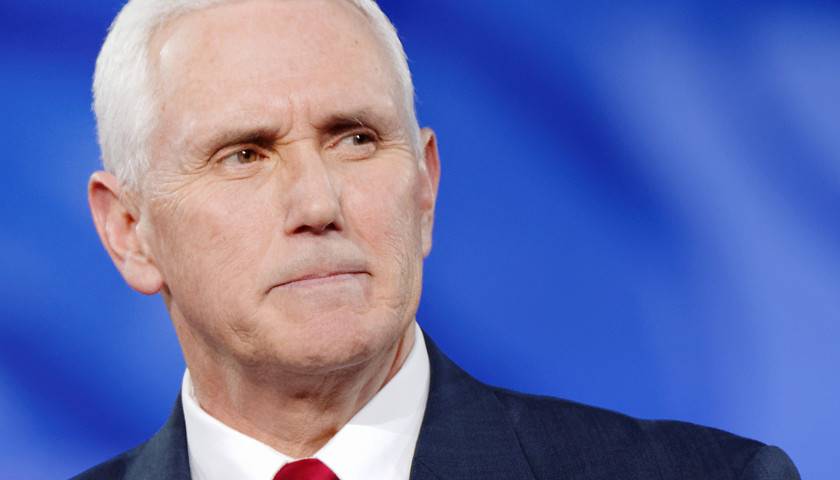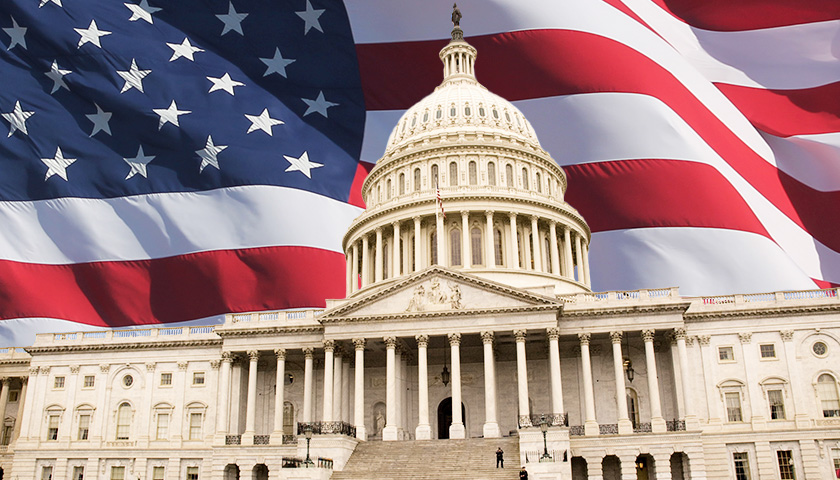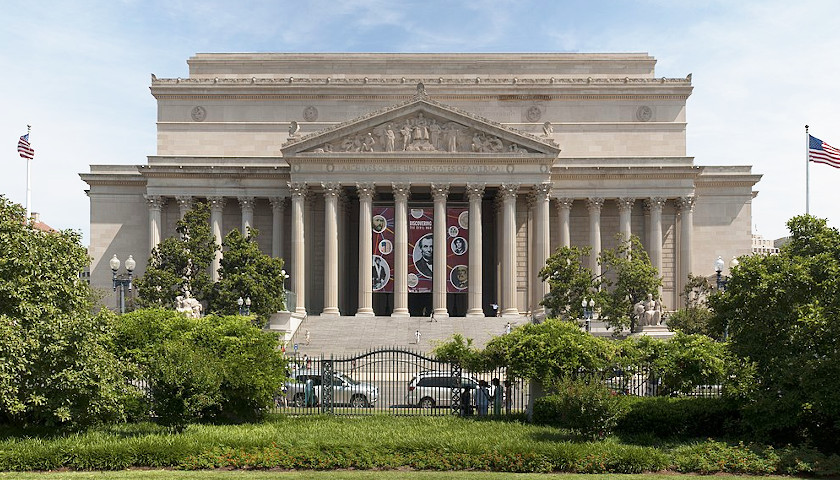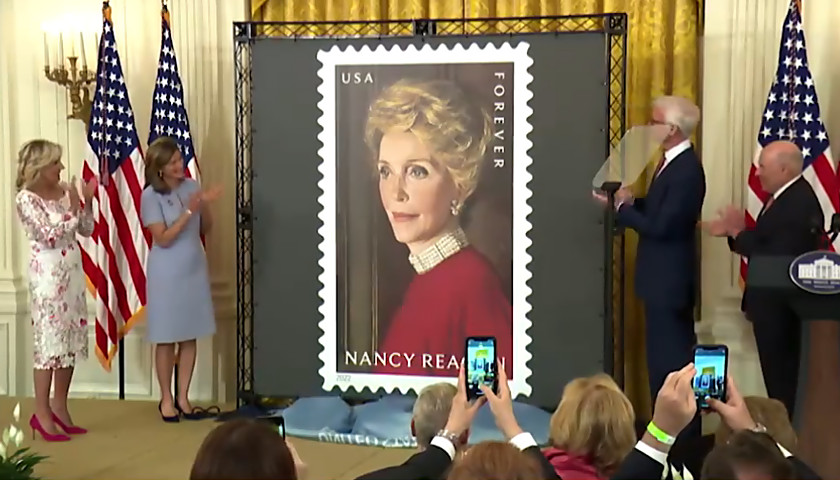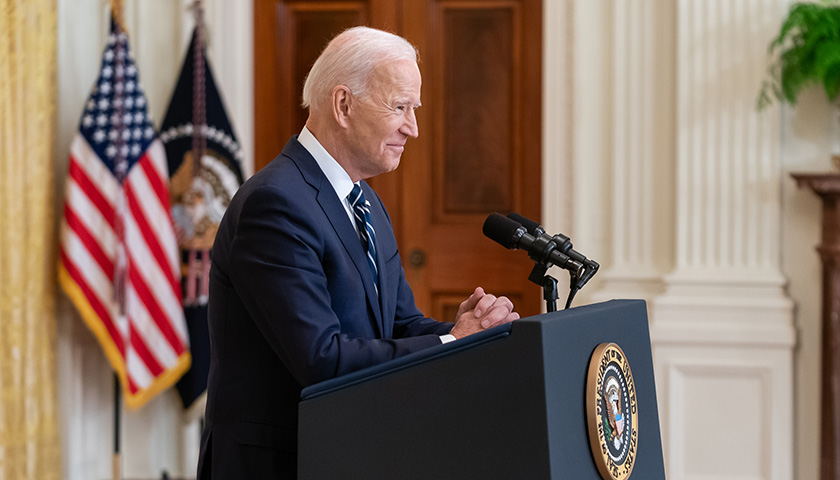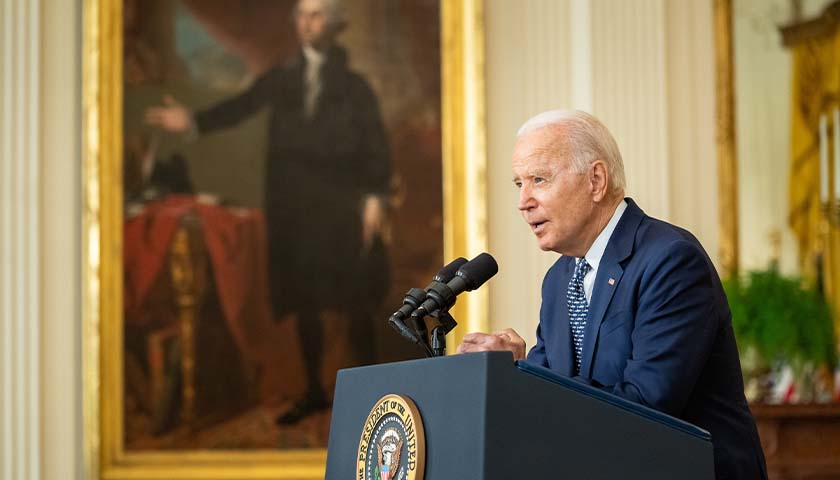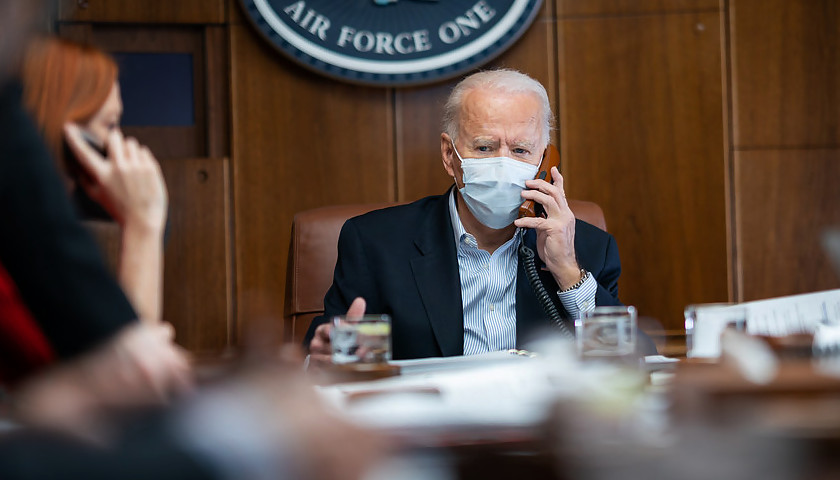Ask a leader how to get a job in Washington, D.C., and he’ll say, “Call A.J. Rice.” The author of The White Privilege Album and a commentator in his own right, whose writings are both intelligent and irreverent, Rice is also the founder of Publius PR. His connections are both a means to network and a network for the distribution of conservative ideas. Unlike the networks of old, with their gatekeepers and empty suits, a new network—a series of conservative networks—now exists. The network is a success, thanks to a proposition that is as foreign to liberals as it is natural to conservatives: entertainment matters. Entertainment is a necessity, as Rice knows, because it is not enough to be right or a person of the right. Entertainment is a form of education, as Rice proves, because the strength of an idea rests on the strength—the talent, the skill, the timing, the finesse—of the person who advances it.
Look at President Trump, who is the most famous entertainer among presidents since Ronald Reagan and the only other president besides Reagan with a star on the Hollywood Walk of Fame. Look at how Trump embodies Rice’s point about communication. Look, also, at how Trump’s advisers, who are the same people that Rice advises, entertain an audience. The sights—and the sites, from Coachella to Madison Square Garden to Van Andel Arena—have the air of a rock concert. The performances are not rallies but experiences, with the crowds as players, in which everyone takes part.
Read More






